Indian Devotees Burnt COVID-19 Effigies During Holi Celebrations
Harin - Mar 11, 2020
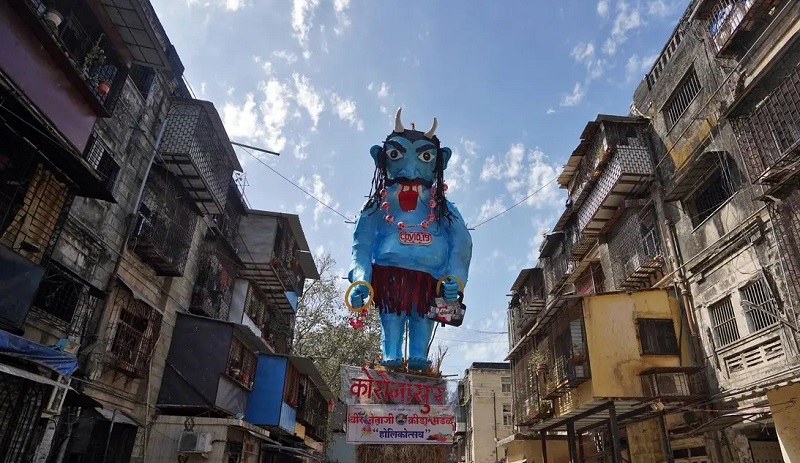
This year, there were at least two Indian communities decided to burn effigies representing COVID-19, as part of a ritual called “Holika Dahan.”
- This Man's Super-Antibody Can Be Diluted 10,000 Times But Still Works Against COVID-19
- These Indian Cities Are Under Lockdown Again In 2021
- India To Review Covishield Vaccine After Report Of Blood Clots Following Vaccination
The festival of colors, Holi, is celebrated to mark the beginning of Spring. This year, the festival began from March 9 to March 10.
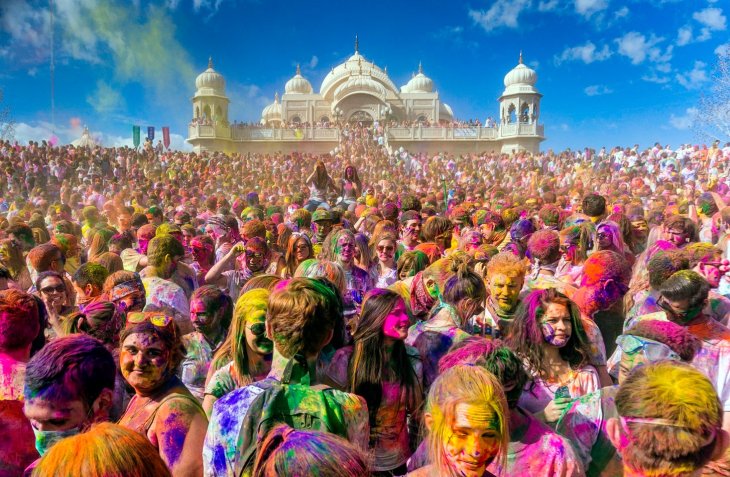
This year, there were at least two Indian communities decided to burn effigies representing COVID-19, as part of a ritual called “Holika Dahan.” The ritual happens on the first day of the festival and signals that good will defeat evil.
For Holika Dahan, people light bonfires, recreating Lord Vishnu’s victory over the demoness Holika. Holika wanted to lead one of the Hindu God’s followers into the fire. However, it was she who was burnt by the flame.
In an area of Mumbai, India, to perform “Holika Dahan,” residents built a giant, blue demon called “Coronasur” depicting the Coronavirus.
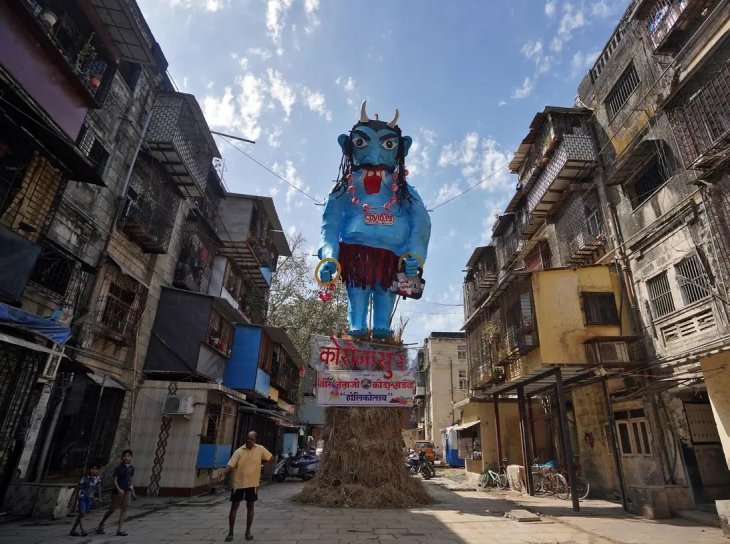
Another area also put into flame an effigy for Coronavirus.
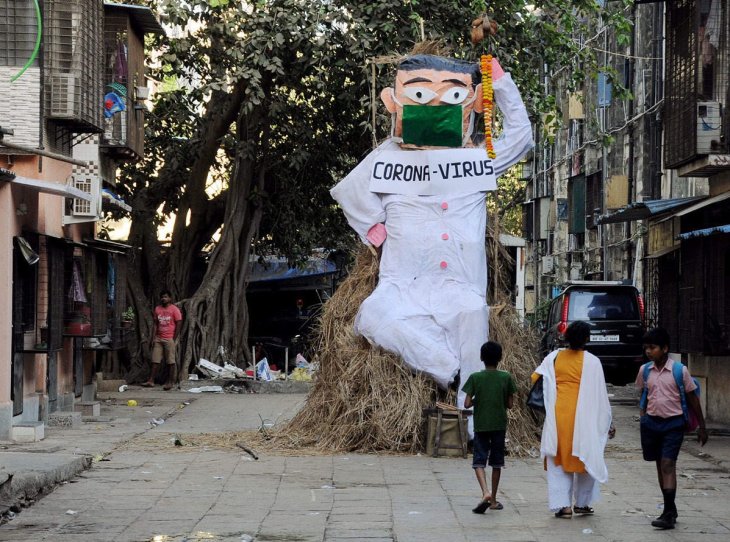
The same thing happened in Ahmedabad, India where devotees went for a pink and green effigy. Both effigies had the same fate, burnt in the fire.
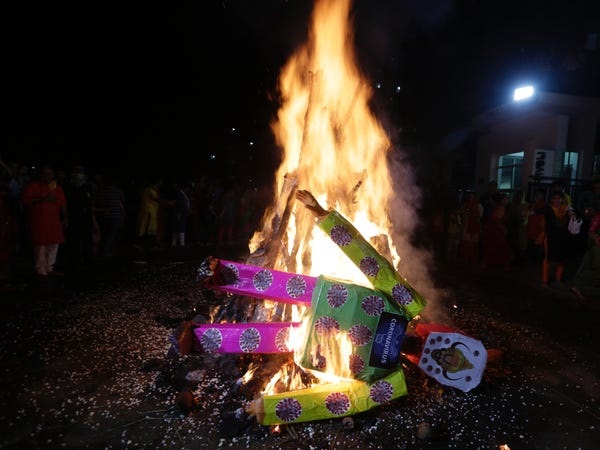
In an interview with India Today, vendors in Guwahati said that this year’s Holi, they had only sold about 25% of their Holi merchandisers like water guns due to Covid-19 fears.
However, reports indicated that Holi festivities would still be carried out despite the COVID-19 outbreak.
At the moment, India has 62 confirmed cases of the contagious virus. The epidemic, which broke out from Wuhan, China, has spread to over 100 countries, infected more than 11,000 people and took at least 3,900 lives.
>>> Cow Urine And Cow-Dung Cakes To Fight COVID-19: Hindu Mahasabha To Throw A Gaumutra Party In Delhi
Featured Stories

Features - Jan 29, 2026
Permanently Deleting Your Instagram Account: A Complete Step-by-Step Tutorial

Features - Jul 01, 2025
What Are The Fastest Passenger Vehicles Ever Created?

Features - Jun 25, 2025
Japan Hydrogen Breakthrough: Scientists Crack the Clean Energy Code with...

ICT News - Jun 25, 2025
AI Intimidation Tactics: CEOs Turn Flawed Technology Into Employee Fear Machine

Review - Jun 25, 2025
Windows 11 Problems: Is Microsoft's "Best" OS Actually Getting Worse?

Features - Jun 22, 2025
Telegram Founder Pavel Durov Plans to Split $14 Billion Fortune Among 106 Children

ICT News - Jun 22, 2025
Neuralink Telepathy Chip Enables Quadriplegic Rob Greiner to Control Games with...

Features - Jun 21, 2025
This Over $100 Bottle Has Nothing But Fresh Air Inside

Features - Jun 18, 2025
Best Mobile VPN Apps for Gaming 2025: Complete Guide

Features - Jun 18, 2025
A Math Formula Tells Us How Long Everything Will Live
Read more

ICT News- Mar 01, 2026
Samsung Links Galaxy S26 Price Hikes to AI Memory Supply Issues
This development highlights the broader challenges faced by the tech industry as it integrates artificial intelligence into everyday consumer electronics.

ICT News- Mar 03, 2026
Budget Entry-Level PCs Under $500 to Vanish by 2028 Due to Memory Price Surge
The era of the sub-$500 PC appears to be ending.

ICT News- Mar 02, 2026
IDC Report Predicts Surging Smartphone Prices Due to Global RAM Shortage
This development underscores the broader ripple effects of the AI boom on everyday technology, highlighting the interconnected nature of global semiconductor supply chains.
Comments
Sort by Newest | Popular